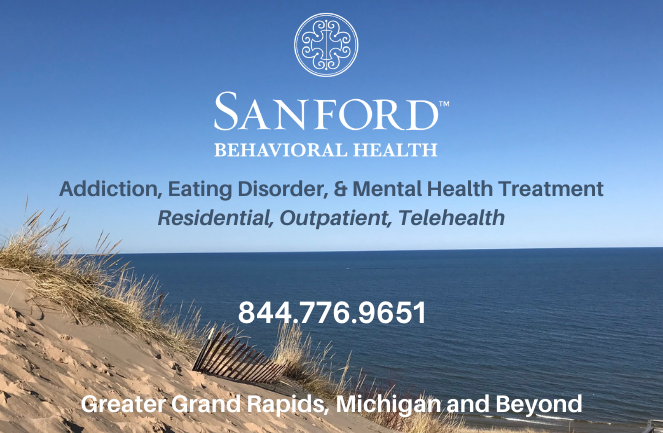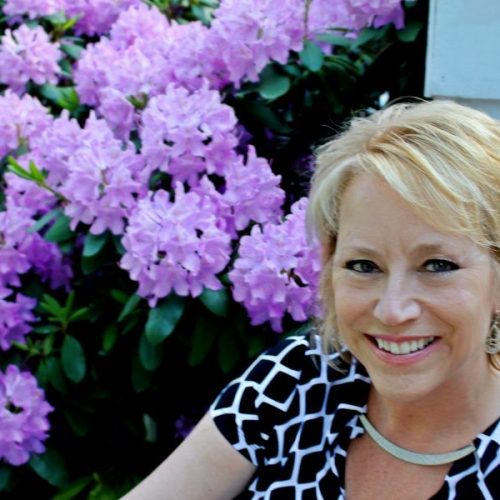Ask Rae: Adult Children of Alcoholics Breaking the Cycle

Adult children of alcoholics will do anything to avoid abandonment.
Dear Rae:
I am an adult child of an alcoholic (ACA), and I am in a relationship with someone who drinks too much and is abusive when he does so. I keep trying to “fix” the situation and drink more to make myself less anxious. This is not my first time falling for someone with an alcohol problem. Why am I repeating patterns I was desperate to change? I hate that I cannot form a loving relationship or that alcohol still controls my life! What can I do to break the cycle, Rae? BF
Dear BF:
When children of alcoholics grow up, the trauma they experienced as children can linger long into adulthood. Your childhood probably required some survival techniques to tiptoe around the emotional land mines your parent with an alcohol use disorder set for you. Children of alcoholics feel responsible for the upheaval in their households, and they internalize family dysfunction, trying desperately to make everything better. Adult children of alcoholics develop characteristics due to their traumatic rearing, which need to be unlearned. You might recognize yourself in some of the traits below.
Characteristics of ACA – From the ACA website “Laundry List”
- Isolation, fear, and uneasiness around others, especially authority figures
- Resistance to personal criticism, perceiving criticism as a threat
- See life as a victim, become or enter into a relationship with an alcoholic, or other compulsive personality
- Confuse love with pity, seek those who need to be “rescued”
- Feel a high sense of responsibility to others than self
- Do not want to talk about it
- Will do anything to avoid abandonment
How to Break the Cycle of Addiction
The first step is always recognizing the problem and being open to solutions; you are in a good place to get help. Learning to express the pain of your childhood and accepting that the past cannot be changed, but unhealthy coping mechanisms can be unlearned will bring you peace. Education and resources about the family consequences of addiction are available. Consider attending an ACA meeting in your neighborhood. Adult Children of Alcoholics (ACA)/Dysfunctional Families is a twelve-step, twelve-tradition program for people who grew up in dysfunctional homes.
Those who struggle with past traumatic events can also experience positive psychological changes and growth. Working through the past as a child of an alcoholic in a therapeutic environment can result in more self-esteem and a renewed sense of meaning and purpose. It might feel foreign in the beginning, but through this process, you will start to identify healthy elements of relationships and express your own wants and needs, leading to a happier, more satisfying partnership. Changing life patterns happens when you educate yourself and seek understanding and meaning in these events. Focus on yourself, BF, and begin the courageous work required to break the cycle for you and the generations that will follow.
Rae Green, JD, LPC, CAADC, Founder and President Sanford Behavioral Health
To Ask Your Question, Click the Link Below (and scroll down)
Editor’s note: we typically use person-first language when talking about a person with a substance use disorder. When recommending ACA, AA, and Al-Anon, we use “addict” and “alcoholic” to describe people with substance use disorders. This is in keeping with these organizations’ history, language, and resource materials.




